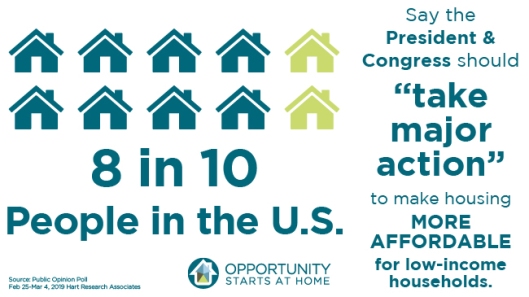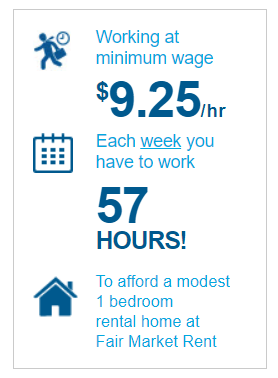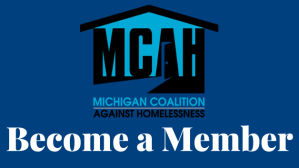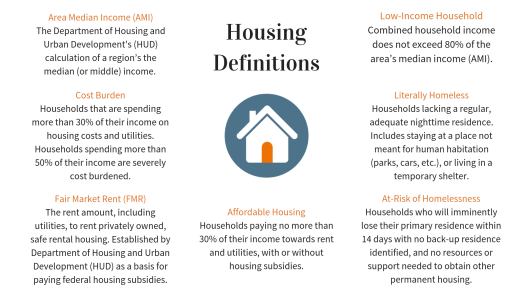The Michigan Coalition Against Homelessness is excited to launch a new initiative funded through the Michigan Health Endowment Fund entitled: Increasing Health and Housing Outcomes Through Integrated Systems. This initiative will select one Michigan community to pilot a 6-month effort to establish partnerships between key community stakeholders for the purpose of establishing system linkages and improving health and housing outcomes for seniors aged 55+ experiencing literal homelessness. Interested pilot communities should download the RFP and attend our educational webinar on June 5.
In 2017, Michigan saw a decrease in individuals experiencing homelessness for every demographic except for one: Seniors aged 55+. Nearly 8,000 seniors experienced literal homelessness, defined as living in on the streets, in vehicles, shelters, transitional housing, or hotel/motels. Of those 8,000 individuals, 82% were between the ages of 55-64.
For anyone experiencing homelessness, but for Michigan’s aging population in particular, living without a safe and permanent home can create additional barriers to maintaining one’s health. Homelessness is known to create health needs similar to housed individuals who are 15-20 years older, including geriatric conditions and premature death from chronic conditions such as cardiovascular disease and cancer. Though the majority of this demographic are still of an employable age, these health conditions limit their ability to get and maintain gainful employment and regular income. In addition, nearly ¾ of Michigan’s homeless seniors self-report a mental or physical disability or substance use disorder.
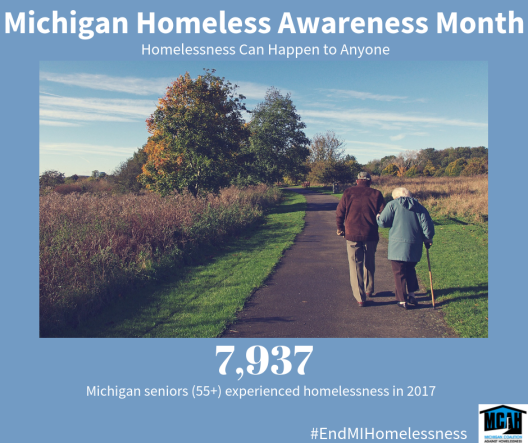
Housing is healthcare
The healthcare sector increasingly recognizes the social determinants of health that complete a patient’s medical care, including that up to 40% of health outcomes are tied to nonmedical factors such as housing. Individuals who are homeless have greater difficulty accessing quality and consistent healthcare, a problem exacerbated by the complex health needs of the aging population. They are also more likely to utilize ambulance services, have higher rates of hospitalization, and use the emergency departments four times as often as the general population.
Unfortunately, many Michigan communities lack the integrated systems necessary to sustain resources and services to house and care for our aging population. The cost of healthcare can be greatly reduced when individuals are stably housed and provided supportive services, with an estimated cost savings that offsets expenditures by between $9,000 and $30,000 per person per year. But this approach only works with access to plentiful affordable housing, which many communities lack. Even with explicit federal resources such as Section 202 funding to provide and develop housing for seniors, the AARP found in 2006 that for every single unit of senior supportive housing built, ten more applicants wait.
Seeking a pilot community for systems integration
MCAH will be launching a new initiative, funded by the Michigan Health Endowment Fund, which will include an in-depth analysis and work towards building a replicable model of housing and healthcare systems integration for intensive case management for literally homeless older adults with high-cost healthcare needs. This process and model will inform statewide needs, challenges, and opportunities for sector and individual housing and health improvements.

The Michigan Health Endowment Fund works to improve the health and wellness of Michigan residents and reduce the cost of healthcare, with a special focus on children and seniors. More information about the Health Fund can be found at mhealthfund.com.
We’re excited to announce the opening of our RFP process for interested communities. MCAH will be selecting one Michigan community to participate in a 6-month pilot. The deadline to apply is June 28 at 5:00. The RFP is available to download at: http://bit.ly/MCAHRFP
An informational webinar on sector alignment, systems integration, and the RFP process will be held on June 5, 2019. We highly recommend interested applicants register and attend: bit.ly/housingishealthcarewebinar.
By Laurel Burchfield, MCAH Manager of Marketing, Growth, and Development. You can contact her at: lburchfield@mihomeless.org.


